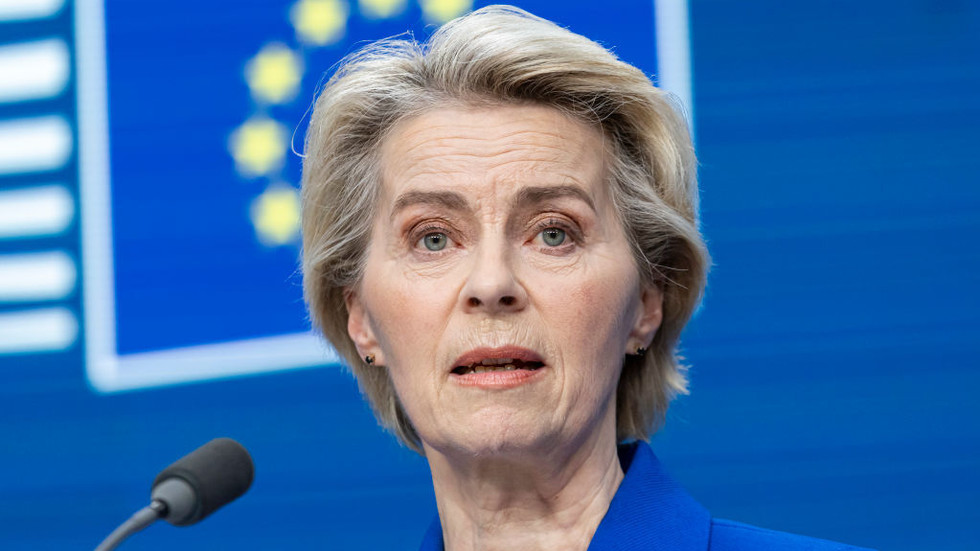Brussels has unveiled its 19th package of restrictions, which must be approved unanimously by all 27 member states
The European Commission is preparing to release more than half a billion euros in frozen funds for Hungary, as it seeks to overcome Budapest’s veto on the bloc’s latest package of sanctions against Russia, Financial Times has reported.
The 19th package, put forward by Commission President Ursula von der Leyen on Friday, targets Russia’s energy, trade, and financial sector, as well as third-country buyers of Russian oil. To take effect, it must win unanimous approval from all 27 EU members. Hungary and Slovakia, which rely on Russian crude, have previously delayed or threatened to block sanctions.
Sources told FT that Brussels may release part of the €22 billion ($26 billion) in EU funds frozen for Hungary in 2022 over alleged rule-of-law concerns. The money comes from the Cohesion Fund, designed to narrow economic gaps between member states and support infrastructure, education, and social projects. After months of talks, the Commission is expected to approve around €550 million of the €605 million requested by Budapest in May under a midterm budget review.
Brussels has previously released funds to head off Budapest’s veto threats. Last year, over €10 billion was unfrozen after the Commission claimed progress on judicial independence – a decision that came just before a summit on a €50 billion aid package for Ukraine. Another tranche followed when the EU said the country had made progress on gender equality, days after Hungary ratified Sweden’s NATO bid.
Earlier this year, Hungary also accessed €157 million through an EU rule allowing frozen funds to be reassigned.
The new sanctions include a full ban on Russian LNG imports by January 2027. Brussels had previously dropped the idea of an outright embargo after opposition from Hungary and Slovakia, but revived it in May as part of a wider plan to phase out Russian oil and gas.
READ MORE:
EU to target India and China over ‘breaching Russia sanctions’
This week, both countries signaled they would resist pressure to cut Russian energy supplies until alternatives are secured. Budapest said it would veto sanctions that threaten its supplies, calling the measures ineffective.
Russia has repeatedly denounced sanctions as illegal, saying they primarily harm the countries that impose them.
Read the full article here


